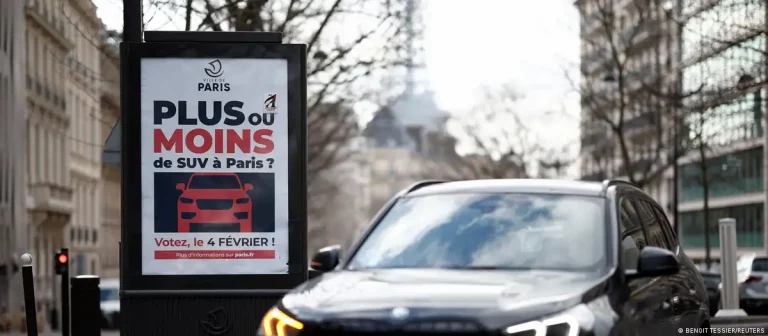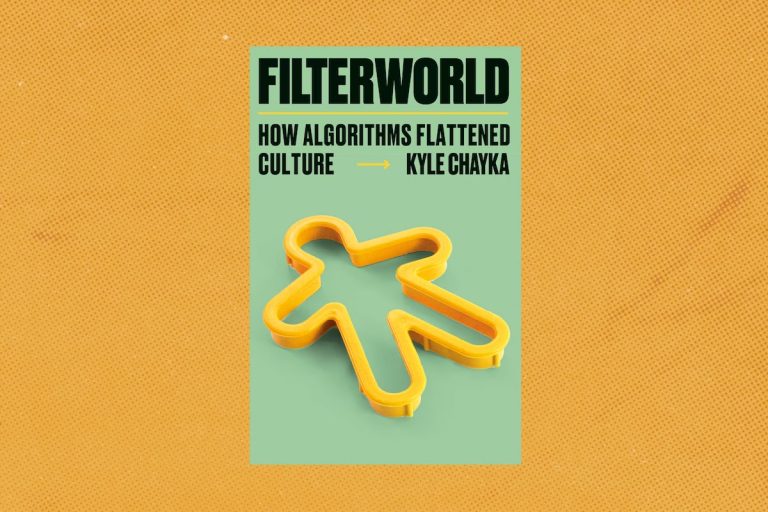The Publius Project
“The project brings together a distinguished collection of Internet observers, scholars, innovators, entrepreneurs, activists, technologists and still other experts, to write short essays, to foster an on-going public dialogue, and to create a durable record of how the rules of cyberspace are being formed, potentially impacting their future incarnation. […]
Through this series of essays, we hope to generate a discussion among global stakeholders and netizens regarding rule-making and governance on the net, and in the process, to envision the net of the future. We will cast fundamental questions that will intrigue both experts and laypeople, by asking who should (or shouldn’t) control cyberspace? Can it be governed? Who decides?
Through this process, we will consider how best to protect our common resources, how to balance individual freedoms with community rights, public action with private activity, national security with personal expression, intellectual property protections with open access. In echoing historical dilemmas, we will ask how cyberspace stimulates innovative thinking regarding authority and rules and how those ideas might shape the future “constitutions†of the net.”
Ethan Zuckerman, who also contributed one of the essays, provides some more background:
“John Palfrey’s thinking in launching Publius was to recognize that the emergence of American constitutional democracy didn’t occur in a single moment of crystalline brilliance. It was the product of years of argument, conversation and deliberation, through media like the Federalist papers. Palfrey argues that we’re going through a long, complex constitutional moment as regards the internet, constructing the laws and norms that will govern how we interact with one another through the infrastructure of the internet. As such, Publius is an invitation to post arguments, to ask for the Internet to behave one way or another and make the case for one’s point of view.”
Here are my preferred essays:
The Polyglot Internet
Essay by Ethan Zuckerman on the need for focused efforts to make translation cheaper, easier and far more common to enable global discussions
One Missed Call?
Essay by Ken Banks on refocusing our attention on the social mobile long tail
The Latent Community in Every Webpage
Essay by Clay Shirky on the increased ability of otherwise uncoordinated groups to achieve their shared goals





Thanks for pointing out that it is rather cryptic. Just what is a “constitutional moment” on the net anyway? I found this FAQ helpful in understanding where they are coming from: http://publius.cc/project_overview/faq
Also, the Zuckerman article that you point to is one of the best blog posts I read all year (if you care about such things as translation).
Thanks for the pointer, c